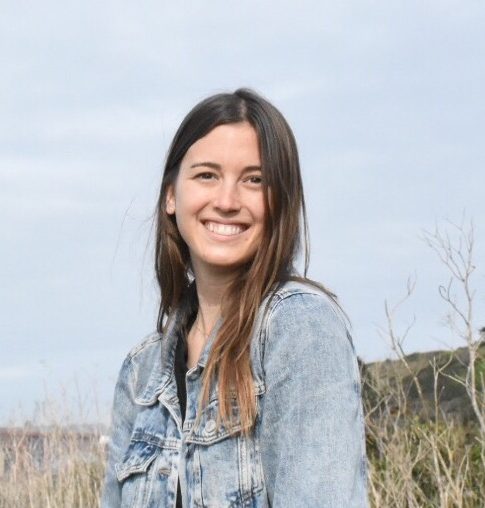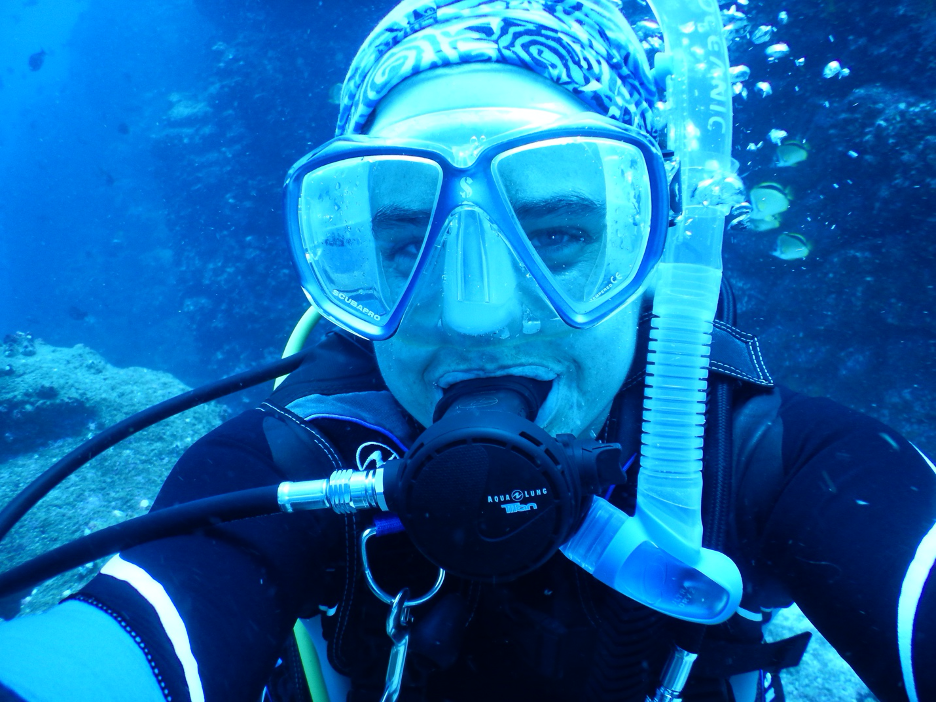By Emily Montgomery, MLML Phycology Lab
2021 was a complex year to be a graduate student, with global societal issues demanding our attention and energy alongside our usual scientific workload. The emergence of the COVID-19 vaccines brought with it the hope of being able to safely socialize in-person with our friends and loved ones again. The resilient Moss community was able to return to some in-person activities in the Fall of 2021, including hosting the first lab Halloween party since 2019!
During this rollercoaster of a year, 14 students successfully defended their MLML theses virtually via Zoom. Please join me in congratulating the following students:
- Ann Bishop, Phycology Lab
- Taylor Eddy, Invertebrate Zoology Lab
- Bonnie Brown, Fisheries and Conservation Biology Lab
- Matthew Jew, Ichthyology Lab
- Justin Cordova, Pacific Shark Research Center
- Gregory Bongey, Geological Oceanography Lab
- Jennifer Tackaberry, Vertebrate Ecology Lab
- Sophie Bernstein, Ichthyology Lab
- Rachel Brooks, Ichthyology Lab
- Holly Doerr, Ichthyology Lab
- Melissa Naugle, Invertebrate Ecology Lab
- Kristen Saksa, Ichthyology Lab
- Jacquie Chisholm, Physical Oceanography Lab
- Amanda Camarato, Physical Oceanography Lab
Read below for pictures of the graduates, and explore the links to their thesis announcement posts with more info about their projects and the YouTube recordings of their defenses.
Check out posts commemorating past defenders written by MLML alumna June Shrestha: 2020, 2019, 2018, and 2017.



 By
By